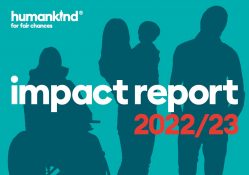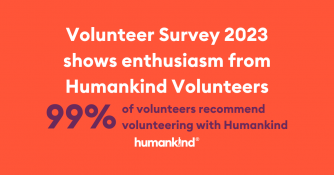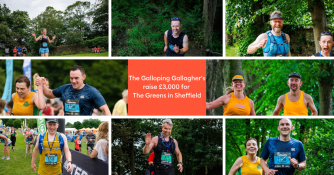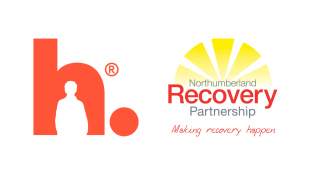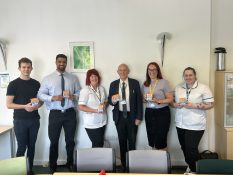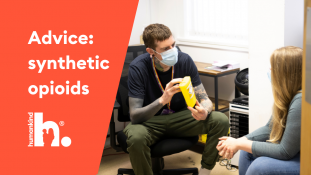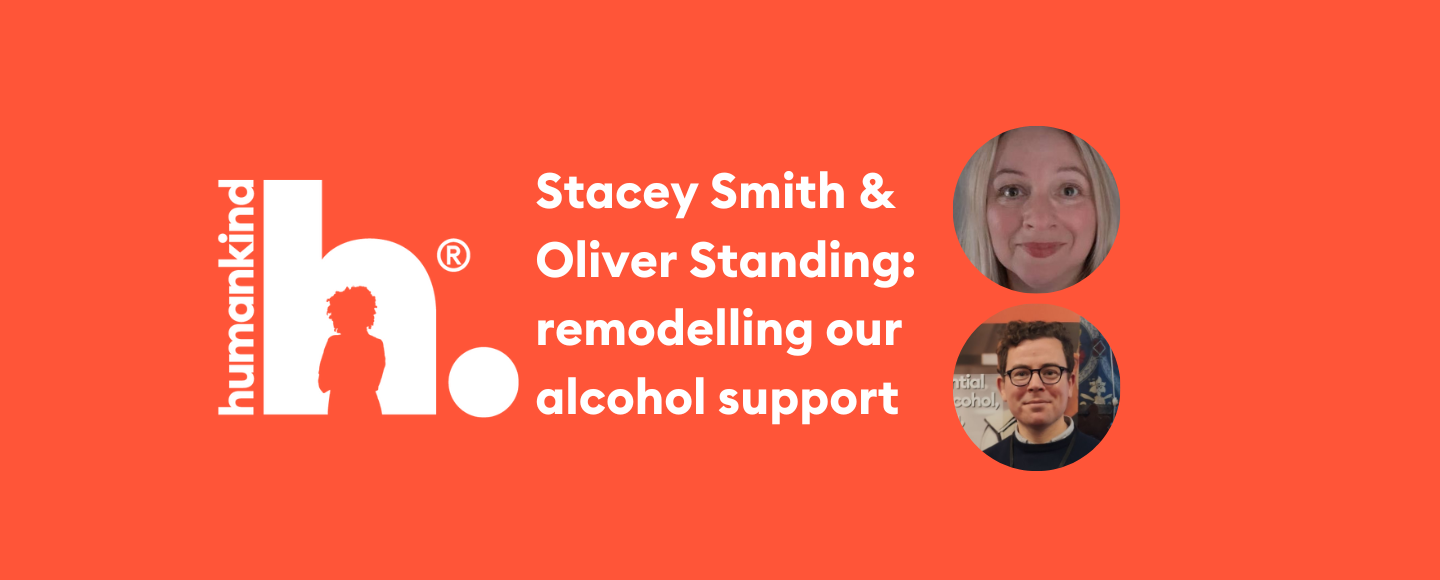
A blog post detailing our review and subsequent remodelling of the support we provide to people accessing our services for alcohol related issues, by Stacey Smith, Director of Nursing, and Oliver Standing, Director of Communications & External Affairs.
Dame Carol Black’s recent Independent Review of Drugs shone a welcome light on services for people struggling with their drug use. Happily, it led to a new Drug Strategy and much-needed increase in resourcing for our treatment and recovery systems (albeit during a cost of living crisis). Whilst these changes have benefited some people with alcohol support needs due to the integrated nature of many services, alcohol in and of itself was not including in the scope of the review.
When it comes to supporting people with alcohol problems, as a society, we have never got it right. Alcohol harm has been frustratingly over-looked by successive governments. Over four in five people in England drinking at dependent levels remain outside our support systems. Alcohol related deaths have tragically rocketed in recent years, increasing 27.4% from 2019 to 2021.
At Humankind we are proud of our work in response to this challenge, but we aren’t complacent about the levels of need that still exist. Our DrinkCoach online support platform has delivered almost 1,000 coaching sessions in the last year, with over 21,000 people receiving identification and brief advice (IBA) in the same period through its online test. Our All Party Parliamentary Group (APPG) last week brought together parliamentarians in Westminster to hear from the Association of Directors of Public Health’s drug and alcohol lead Alice Wiseman and other speakers on reducing alcohol related harms.
For Alcohol Awareness Week this year, we are proud to say that we have taken the next step in our organisational response.
Alarmed by the increasing number of alcohol related deaths, low numbers of community detoxifications and increasing complexity in the support needs of older people accessing services, we brought together a multi-disciplinary team within Humankind to discuss and review our alcohol support options.
The group recommended greater focus on the full complexity of physical and mental health needs, as well as those of our diverse populations, a broader focus on alcohol treatment as a specialism and a new look at how we see access and engagement particularly from the viewpoint of people using services.
As a result, we have fully redesigned our alcohol support journeys for people entering our services, incorporating evidenced based tools for assessment and a range of treatment options based on need, choice, and health. We have recognised that we need to work differently, ensuring we develop partnerships to support the varied levels of treatment options, from harm reduction advice and information to brief interventions and community detoxification. We have developed specific pathways for older people and those in the criminal justice system.
Whilst this certainly won’t ‘fix’ our support systems in one go, it does feel like an important step forward.
Our early adopter sites in Bradford, Cumbria and London are now implementing the new model and generating the real-world findings we will need to update and optimise it for the rest of our services. Haringey’s HAGA is continuing its proud tradition of innovation in response to alcohol, which has existed since 1981. As the new pathways embed and evolve throughout Humankind, we will collect and share our learning, culminating in a Year One report published in Alcohol Awareness Week 2024.
Please do get in touch if you would like to learn more about the project. By working on structures within Humankind itself we aim to model some of the changes we would like to also see at a system level. There are multiple ways to bring those about, and we are proud to advocate alongside colleagues through the Alcohol Health Alliance, as well as via our APPG.
It is our hope that the welcome recent focus on drugs can be broadened to cover alcohol and that this, and successive, governments can demonstrate the leadership necessary to develop a comprehensive and strategic approach to reducing alcohol related harm and increasing levels of effective support.
